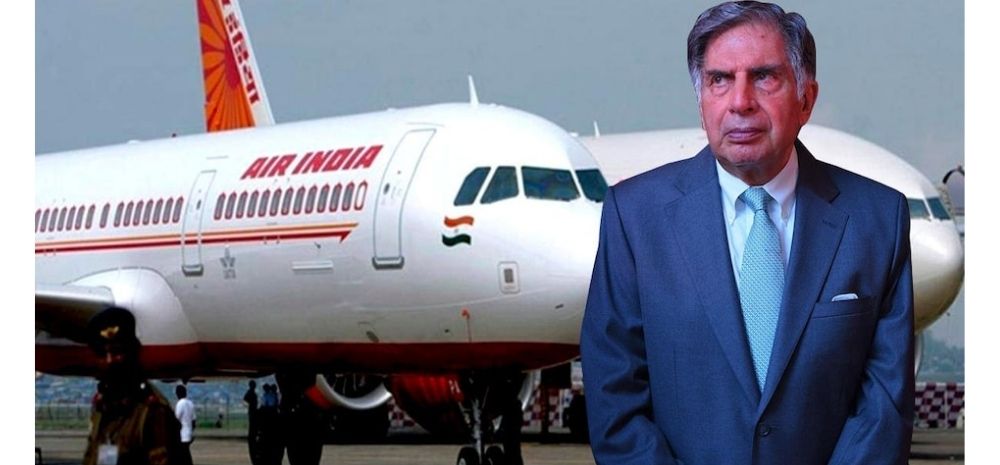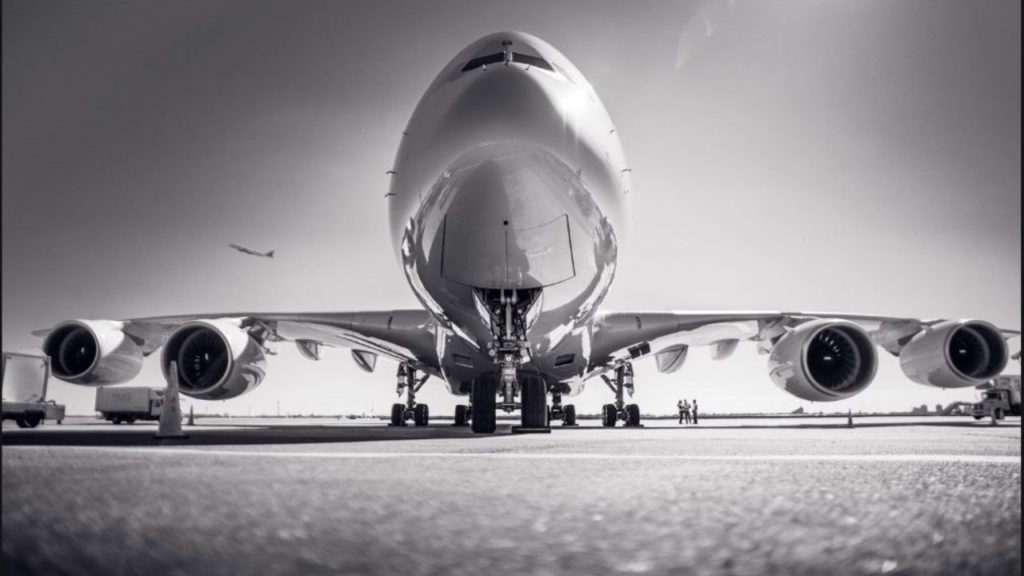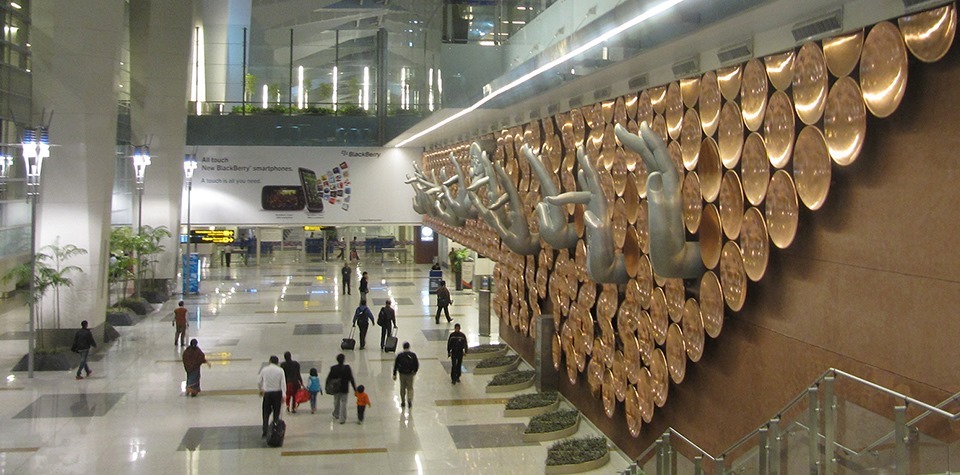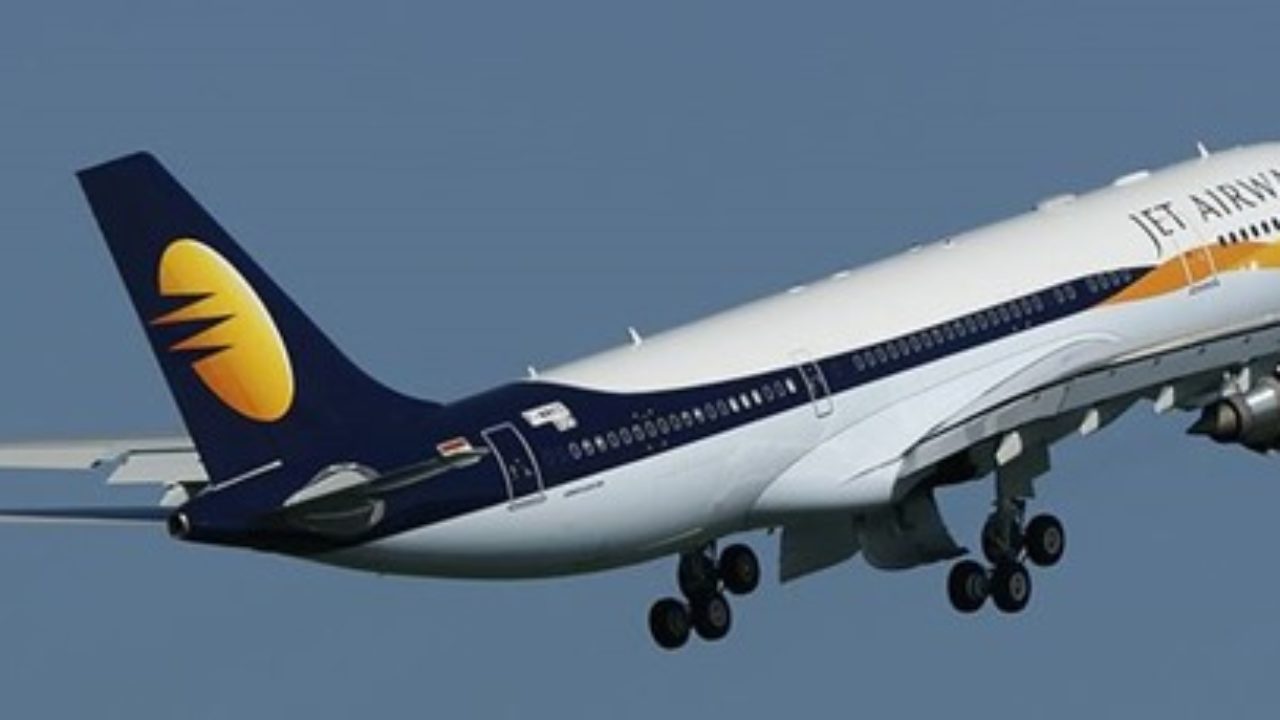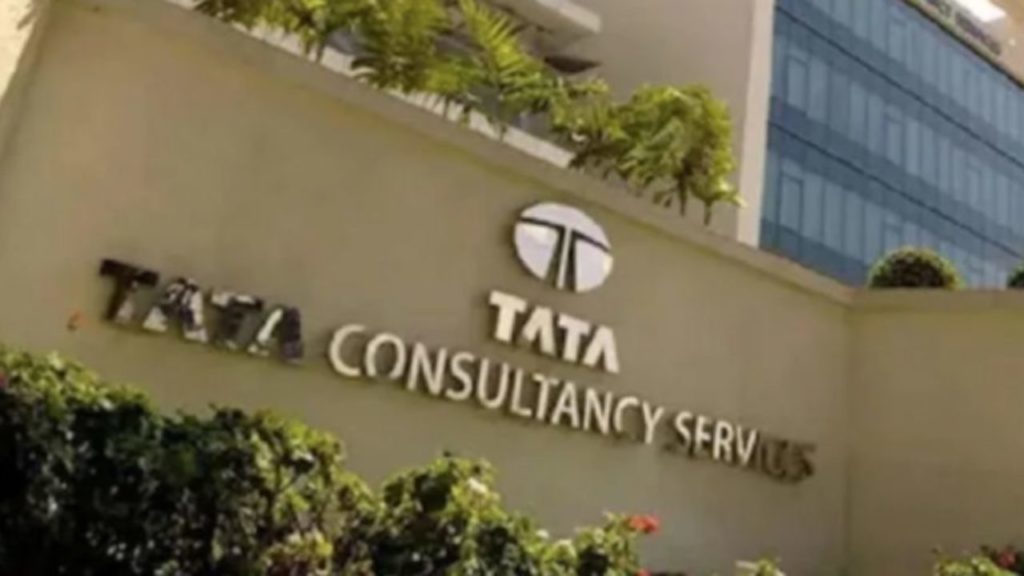In a statement issued on the ‘Mental health promotion of flight crew and air traffic controllers’, the Directorate General of Civil Aviation (DGCA) outlined medical requirements when employing candidates and after employment of candidates.
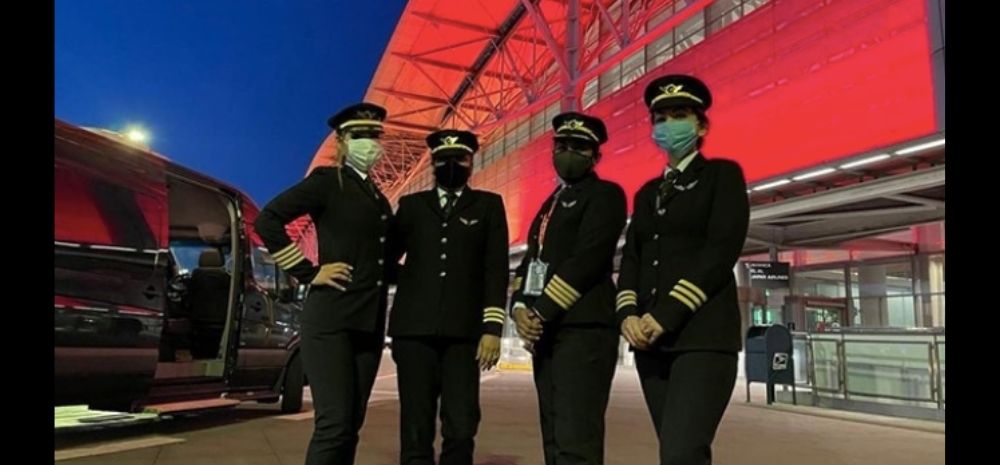
Three major areas of intervention have been identified by the expert committee and best practices viz. mental health assessment during the medical assessments, Peer Support Programme (PSP) and pre-employment psychological assessment have been suggested.
This committee is comprised of experienced DGCA officers, air safety, clinical aerospace medicine, and mental health experts (psychologists).
This comes amid the increased altercations between flight staff and passengers being shared on social media.
Various Flight Crew & Passengers Altercations
On January 29, a passenger on a Mumbai-Nagpur IndiGo flight allegedly attempted to remove the cover of the emergency exit when the aircraft was approaching for landing. An FIR was filed.
Earlier on December 16, 2022, an IndiGo passenger and an air hostess were involved in a heated exchange over the choice of meals on board a flight from Istanbul to Delhi. The DGCA took cognisance of the incident.
In a video uploaded by fellow passengers, the IndiGo air hostess is heard telling a passenger that “My crew is crying because of you”. The passenger replied that “You are a servant of a passenger”. She replied “I am an employee and not your servant… I am not your servant.”
In the one-minute-long clip you can see the passenger saying “why are you yelling? Shut up” to the air hostess, who also asks the former to “shut up”.
Several social media users backed the cabin crew while urging flyers to be respectful of them.
But such incidents continue, on January 23 budget carrier SpiceJet informed that two passengers had to be deplaned from a Delhi–Hyderabad flight for unruly behaviour during boarding. One passenger reportedly behaved in an unruly and inappropriate manner, harassing and causing disturbance to the cabin crew.
The DGCA statement notes that flight crew and air traffic controllers (ATCOs) are perceived as “strong and independent problem solvers…accustomed to very high workloads and occupational stress”. It however added that there are “pressures and stressors” which “cannot be addressed through these professional skills, procedures or knowledge”.
“The stress coping mechanisms may fail in the demanding environs of aviation. Any perceived or real failure to cope with the stressors can have dramatic effects on their mental wellbeing and can negatively impair their professional performance,” it added.
As per DGCA rules candidates must have no established medical history or clinical diagnosis of any mental or behavioural disorder during their initial or renewal medical examination.
Three Major Domains Identified for Intervention
The three major domains were identified for intervention — mental health assessment during the medical assessments, Peer Support Programme (PSP) and pre-employment psychological assessment.
There is also recommendation for DGCA-empanelled medical examiners who can perform Class 1/2/3 mental health assessments via questionnaires and interview techniques only. This is so as to not “substantially impact the current medical examination process for the licence holders as well as the medical examiners”, it added.
Also recommended is a separate, standalone and customised training of flight crew and ATCOs by a trained clinical psychologist so that they can recognise and manage the adverse effects of mental health conditions.
Overall, the promotion is recommended to be embedded within the Safety Management System (SMS), subject to maintenance of confidentiality.
- Peer Support Programme
All DGCA organisations are to introduce a “proactive and non-punitive” Peer Support Programme (PSP) for employees to assist and support them in coping with problems that might negatively affect their ability to safely exercise the privileges of their licence.
Peers in the programme shall be supported by a mental health professional and the environment has to be safe and non-stigmatised. The basic elements are to build trust between management and crew, educate employees to issues and enable them to self-refer for help, provide assistance by professionals, overcome the barrier of loss of licence and process of ‘returning to duty’, and define the initial and recurrent training of peers.
- Psychological assessment
It is recommended that each organisation has its own customised ‘Psychological Assessment’ process using validated and reliable tools to match requirements and resources. This should be overseen by a clinical psychologist with acquired knowledge of the aviation environment.
The pre-employment psychological assessment should identify safety-critical dimensions related to their function and role — i.e. domain knowledge; skills and abilities through cognitive tests (like spatial and situational awareness, multitasking or timesharing, analysis and decision making, leadership, communication skills, etc.); and personality traits.
The assessments must be undertaken at least 24 months before commencing line flying or ATCO duties unless an operator can prove an older assessment is still adequate.
- Diagnosis and evaluation
In case there is concern that employees’ mental state can directly or indirectly affect their ability to conduct their duty safely, organisations are required to undertake detailed clinical mental health assessment. The assessment is to be done at one of the Indian Air Force Boarding Centres, as referred to by the DGCA Medical Directorate, as ‘Special’ medical examination.

